Finding the right real estate mentor can mean the difference between years of frustration and a fast track to real, lasting success. In an industry where competition is fierce and the learning curve can be costly, a mentor acts as your personal shortcut—offering strategies, wisdom, and insider knowledge you won't find in a textbook or online course.
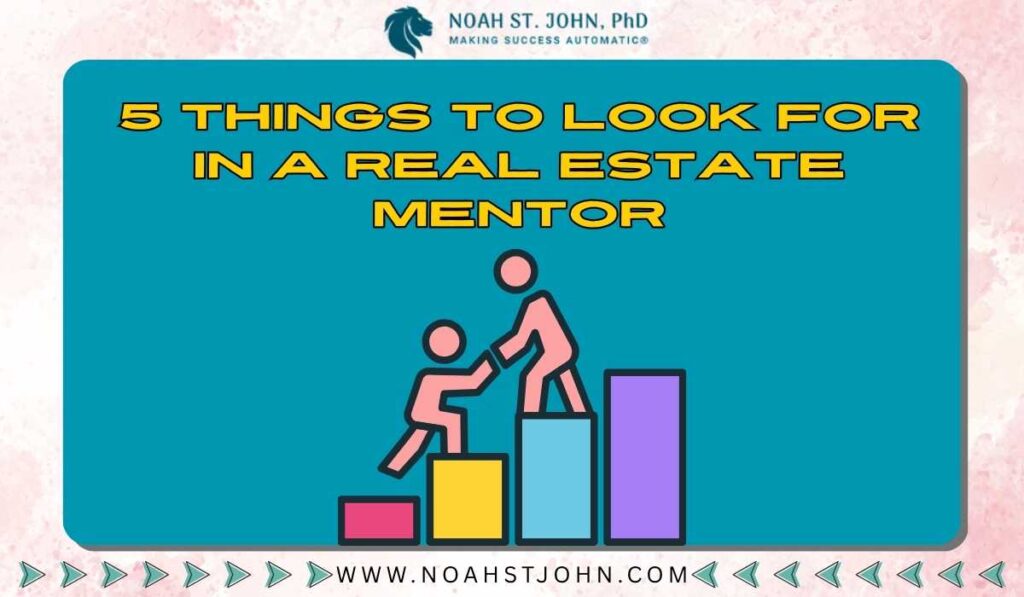
Whether you're just starting out or scaling an already successful business, the right mentor accelerates your growth, helps you avoid expensive mistakes, and opens doors you didn’t even know existed. They provide not only guidance but also accountability, clarity, and encouragement when challenges arise.
However, not every mentor will be the right fit. Some may have impressive résumés but lack the teaching skills or availability you need. Others might specialize in areas that don't align with your personal goals.
That’s why it’s critical to know exactly what to look for.
In this guide, we'll break down the five essential traits to seek out—and show you how to find the ideal real estate mentor to help you build the thriving career you envision.
Success in real estate isn’t just about how hard you work—it’s about how smart you work. In an industry where one wrong move can cost thousands, having a real estate mentor dramatically increases your chances of winning early and often.
Here’s why finding the right mentor is a game-changer:
While books, podcasts, and YouTube videos can offer general advice, a mentor brings you customized, battle-tested strategies they've used to succeed in real deals. Instead of guessing your next move, you follow a roadmap proven to work in real-world market conditions.
Real estate is full of distractions and shiny objects.
A mentor keeps you laser-focused on what actually drives results, offering honest feedback and pushing you to stay consistent. With regular check-ins and clear next steps, you'll make steady, measurable progress toward your goals.
Learning from mistakes is costly. A mentor helps you sidestep expensive errors, from bad property buys to negotiation blunders. You tap into their years (sometimes decades) of experience and learn in months what could otherwise take years of trial and error.
Analysis paralysis kills more dreams than failure ever will.
With a mentor guiding you, you’ll develop the confidence to make smart, decisive moves—whether it’s submitting offers, negotiating deals, or scaling your portfolio. You won’t just hope you’re doing the right thing—you'll know you are.
Bottom line: A real estate mentor doesn't just save you time—they build your skills, sharpen your instincts, and turn your potential into actual profits.
Bill W. from Virginia thought he was doing everything right—working 60+ hours a week, attending every networking event, and investing heavily in lead generation.
But despite his hustle, success was unpredictable.
It wasn’t until Bill found the right mentor—someone who addressed the real inner game of success—that his results skyrocketed.
Sometimes, the right mentor doesn't just teach tactics—they transform your entire approach.
Choosing the right mentor isn’t about picking the first successful investor you meet—it’s about finding someone whose experience, teaching style, and values align with your vision. Here's what you must look for:
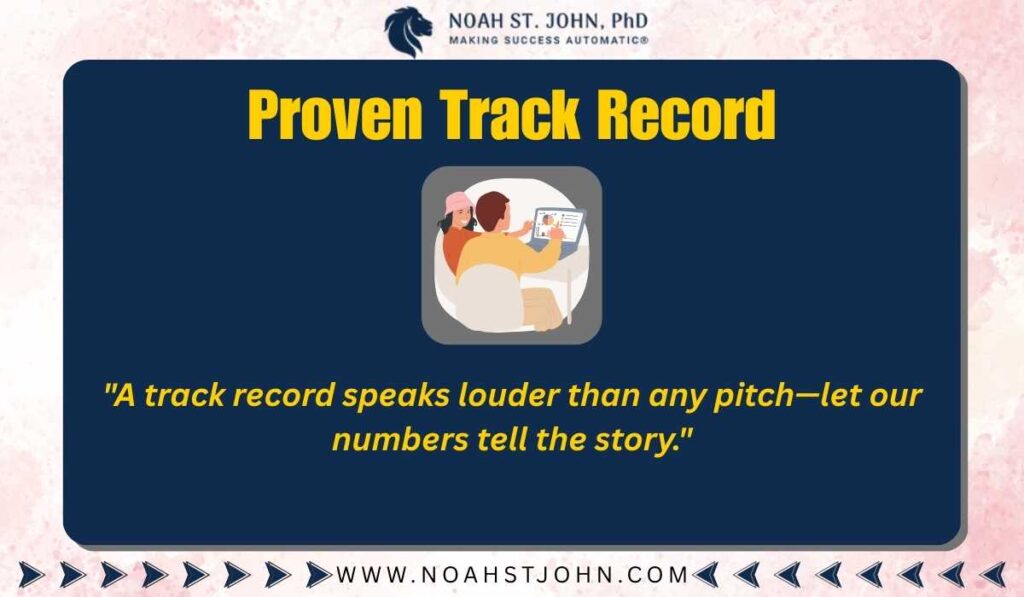
Experience is non-negotiable.
Your mentor should have a solid history of success in the specific niche you're pursuing—whether that's wholesaling, flipping, rentals, or commercial real estate. Look for visible proof:
If they’ve achieved the results you want, they can help you replicate them.
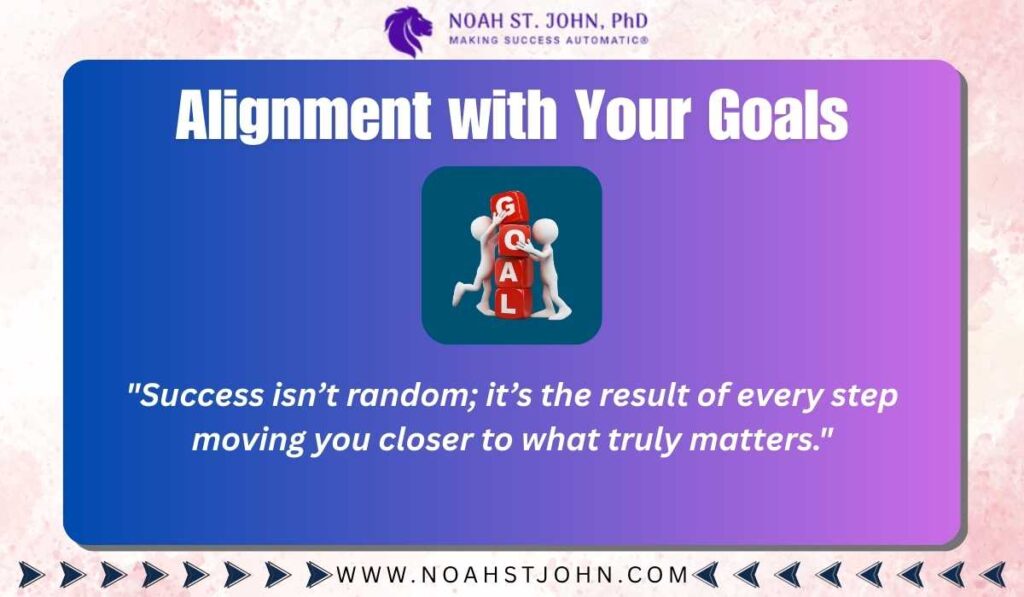
Not every successful real estate investor will be the right mentor for you.
If your dream is to build a passive income empire through rental properties, you need a mentor who specializes in that area—not someone who only flips homes for quick profits.
Make sure your mentor’s expertise, approach, and values align with your long-term goals. The right fit will save you years of frustration and misdirection.
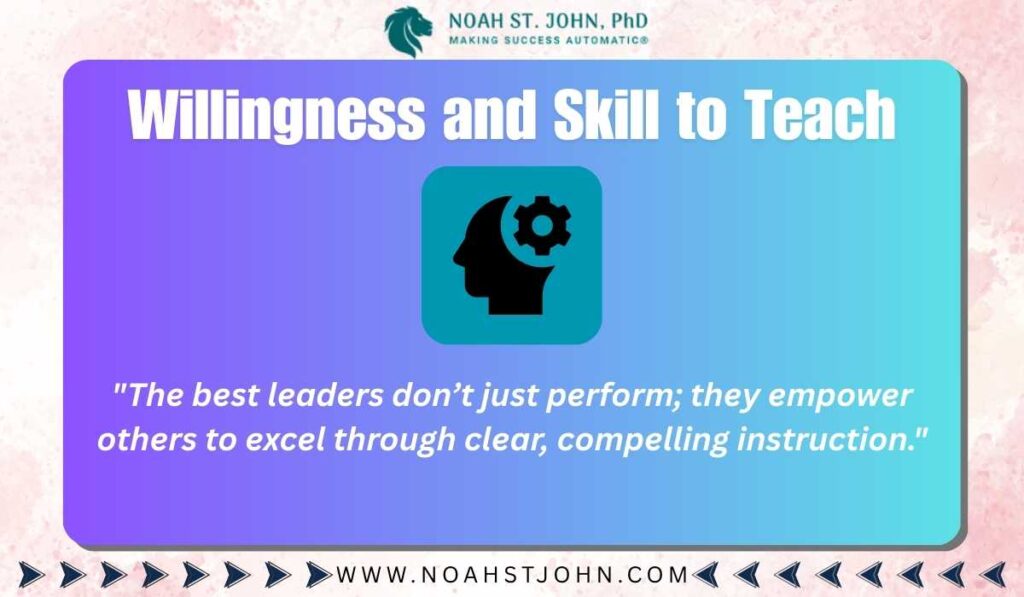
Just because someone can do, doesn't mean they can teach.
An effective mentor must be able to break down complex concepts clearly, adapt their teaching style to your learning pace, and offer constructive feedback without overwhelming you.
Look for a mentor who is patient, clear, and genuinely invested in your growth—not someone who rushes through explanations or only gives surface-level advice.
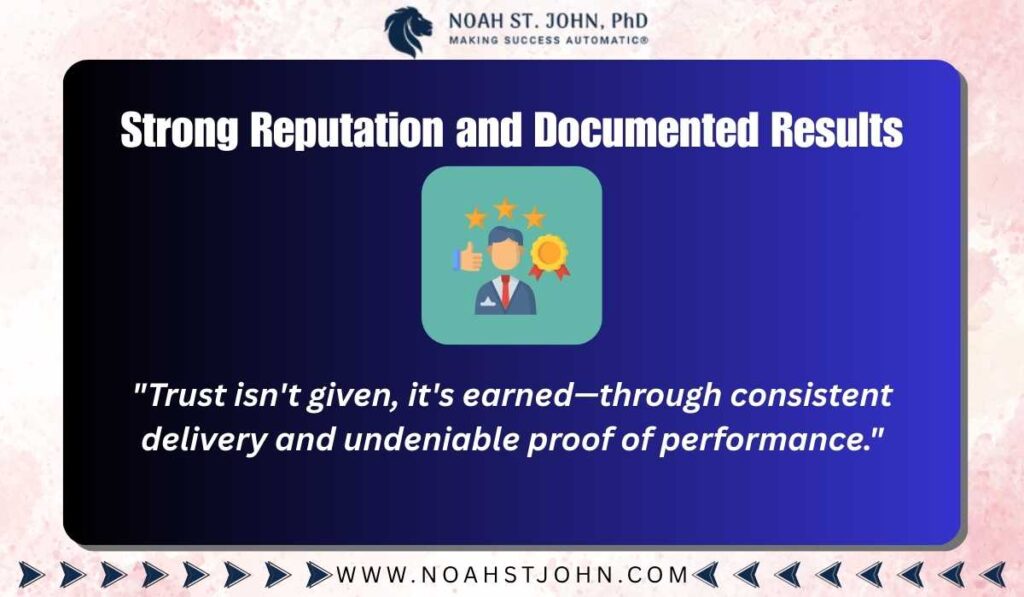
Reputation matters in real estate.
Before committing, dig into their background:
A good mentor’s track record isn't just personal success—it's also how many people they’ve helped succeed.
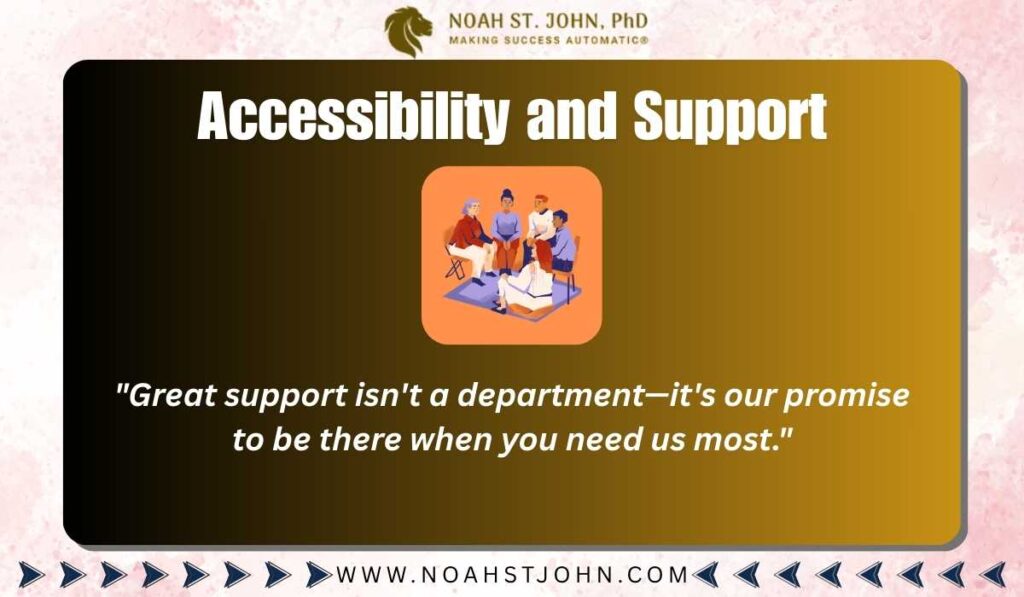
Mentorship isn't just about wisdom—it's about ongoing access to that wisdom.
You want a mentor who offers regular, structured communication:
If you feel like you're “chasing” your mentor just to get a simple answer, that's a red flag.
Choose someone who prioritizes your growth and makes themselves available to support it.
Finding the right mentor isn't about luck—it’s about taking strategic action, building genuine relationships, and putting yourself in the right environments. Here’s how to make it happen:
Local REIAs are gold mines for mentorship opportunities.
These regular meetups attract experienced investors who enjoy sharing their knowledge with serious newcomers. When you show up consistently, participate actively, and demonstrate commitment, you naturally stand out.
Pro Tip: Don’t just network to get—network to give. Ask others how you can support their goals, and mentorship will often follow organically.
In today's connected world, some of the best mentors are just a few clicks away.
Join online platforms like BiggerPockets, LinkedIn groups, and private Facebook communities where real estate professionals actively engage.
By contributing to discussions, asking thoughtful questions, and sharing your own insights, you’ll build credibility—and attract the attention of potential mentors who respect your initiative.
Remember: Mentorship often begins with meaningful conversations, not formal requests.
Events are where real breakthroughs happen.
When you invest your time (and sometimes money) to be in a room full of high-level achievers, you’re signaling that you’re serious about growth.
Bill W. from Virginia met his life-changing mentor, Dr. Noah St. John, at a seminar—an encounter that completely transformed his real estate career and mindset.
Your next mentor might be just one handshake or conversation away at the right event.
Go in with an open mind, introduce yourself authentically, and look for people whose values and success patterns align with yours.
One of the best ways to start a mentorship relationship is by offering value before asking for anything.
Instead of leading with, "Can you mentor me?", offer to help:
When you become valuable to someone further along the path, mentorship often develops naturally as they see your dedication, work ethic, and eagerness to learn.
Think of mentorship as a relationship, not a transaction.
Sometimes the fastest way to compress your learning curve is to invest in a proven system.
Structured mentorship programs offer step-by-step strategies, accountability, and expert guidance you won’t easily find elsewhere.

Dr. St. John has coached real estate professionals to close bigger deals, build predictable income pipelines, and eliminate the hidden mental blocks that hold most entrepreneurs back. His students consistently report faster growth, higher confidence, and more consistent success—without the burnout and overwhelm that often plague the industry.
If you're ready to shift from "working harder" to "achieving smarter," learning under Dr. Noah St. John could be your breakthrough move.
Learn more about his real estate success mentorship at Power Habits® for Real Estate Professionals.
A mentor helps you avoid costly mistakes, fast-tracks your learning curve, and gives you access to insider strategies that aren't easily found in books or online. With the right guidance, you can achieve success in a fraction of the time it would take alone.
Look for alignment between their expertise and your goals. The right mentor will have a proven track record in the real estate niche you're pursuing, clear communication skills, a strong reputation, and a willingness to invest time in your success.
Before asking for mentorship, offer value first. Volunteer to assist with tasks, deals, or marketing. Showing commitment and support builds trust and often leads to more open mentorship opportunities.
Absolutely!
Many successful investors learn from multiple mentors over their careers. One mentor might specialize in flipping, while another excels in building rental portfolios. The key is making sure each mentor brings complementary expertise to your journey.
Mentorship can range from free, informal guidance to structured, paid programs. While some mentors offer support in exchange for assistance, structured coaching programs like Dr. Noah St. John’s Power Habits® Real Estate Entrepreneur program offer a complete, proven system—often worth far more than the investment.
A real estate mentor isn’t just a luxury—it’s an essential for anyone serious about long-term success in this competitive industry. The right mentor doesn’t just teach you how to close deals—they help you develop the mindset and strategies of top performers. They accelerate your growth, keep you accountable, and protect you from costly mistakes.
Your next big success story starts today. Will you be the next Bill W. to achieve a life-changing breakthrough?
Ready to level up? Join the Power Habits® for Real Estate Professionals program now and start mastering the habits of the industry’s top earners.

Dr. Noah St. John, The Father of AFFORMATIONS®
Creator of Power Habits® for Real Estate Professionals


Copyright © 1997 - 2025 | | by SUCCESS CLINIC INTERNATIONAL, LLC. Noah St. John, PhD Making Success Automatic® Since 1997